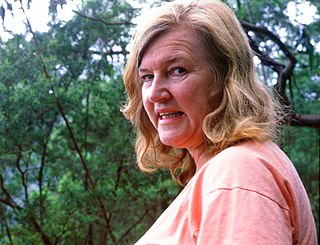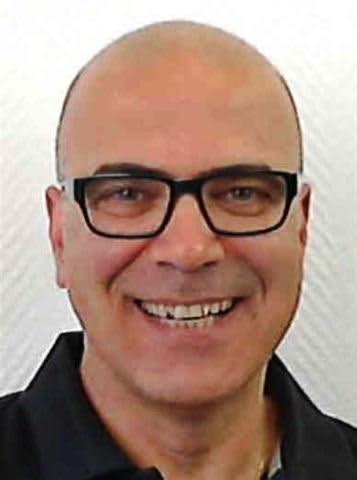A Quote by Margaret Mead
Living in the modern world, clothed and muffled, forced to convey our sense of our bodies in terms of remote symbols like walking sticks and umbrellas and handbags, it is easy to lose sight of the immediacy of the human body plan.
Related Quotes
We carve on our body what society teaches us and continue this task, not knowing the identity they force us to have. This identity is carved on our faces and our skins. Not knowing our bodies have become "the paper made of human meat," we stuff our bodies and make them a theater where cultural symbols or suppressed symbols play.
August [Wilson] elevates in us is the average man in a way that is heroic and real and human. What you do is you sit with our pathology, you invest in our humanity. We're not walking around like walking symbols like we mean something larger. We're just moving throughout our lives and that's the power of the piece. That's revolutionary.
To the extent that we hyper-separate ourselves from nature and reduce it conceptually in order to justify domination, we not only lose the ability to empathise and to see the non-human sphere in ethical terms, but also get a false sense of our own character and location that includes an illusory sense of autonomy. The failure to see the non-human domain in the richer terms appropriate to ethics licences supposedly ‘purely instrumental’ relationships that distort our perceptions and enframings, impoverish our relations and make us insensitive to dependencies and interconnections
Our senses enable us to perceive only a minute portion of the outside world. Our hearing extends to a small distance. Our sight is impeded by intervening bodies and shadows. To know each other we must reach beyond the sphere of our sense perceptions. We must transmit our intelligence, travel, transport the materials and transfer the energies necessary for our existence.
Living as if the world out there were somehow separate from us opens the door to the belief system of judgement and the chemical expressions of that judgment in our bodies. Thus we tend to see our world in terms of good germs and bad germs, and use words such as toxins and waste to describe the by-products of the very functions that give us life. It is in such a world that our bodies may become a combat zone for forces at odds with one another, creating the biological battlegrounds that play out
As professional soccer players, we take our bodies to the extreme. We're the people at the gym that look like we're breaking the machines. Pushing our bodies to the limits is what makes us so strong and capable and Olympians. It's not an easy thing to consistently do over and over again to your body.
Go deeper than love, for the soul has greater depths, love is like the grass, but the heart is deep wild rock molten, yet dense and permanent. Go down to your deep old heart, and lose sight of yourself. And lose sight of me, the me whom you turbulently loved. Let us lose sight of ourselves, and break the mirrors. For the fierce curve of our lives is moving again to the depths out of sight, in the deep living heart.
More than anything else, kindness is a way of life. It is a way of living and walking through life. It is a way of dealing with all that is-our selves, our bodies, our dreams and goals, our neighbors, our competitors, our enemies, our air, our earth, our animals, our space, our time, and our very consciousness. Do we treat all creation with kindness? Isn't all creation holy and divine?
The person senses what it feels like to be free from inhibitions. At the same time he feels connected and integrated – with his body and, through his body, with his environment. He has a sense of well-being and inner peace. He gains the knowledge that the life of the body resides in its involuntary aspect. […] Unfortunately these beautiful feelings do not always hold up under the stress of daily living in our modern culture. The pace, the pressure and the philosophy of our times are antithetical to life.
Some people spend their whole lives looking for themselves, yet our self is the one thing we surely cannot lose (how like a cheap philosopher I am become, staying in this benighted place). From the moment we are conceived it is the pattern in our blood and our bones are printed through with it like sticks of seaside rock. Nora, on the other hand, says that she’s surprised anyone knows who they are, considering that every cell and molecule in our bodies has been replaced many times over since we were born.
The most profound question is, "What would I risk dying for?" The natural answer is "for my family." But for most of history, we didn't live in families. We lived in small communities that gave us our sense of safety and place in the world, so the natural answer would be "for my people." The blessing and the tragedy of modern life is that we don't need our community to survive anymore. When we lose that idea, we lose a sense of who we are.





































